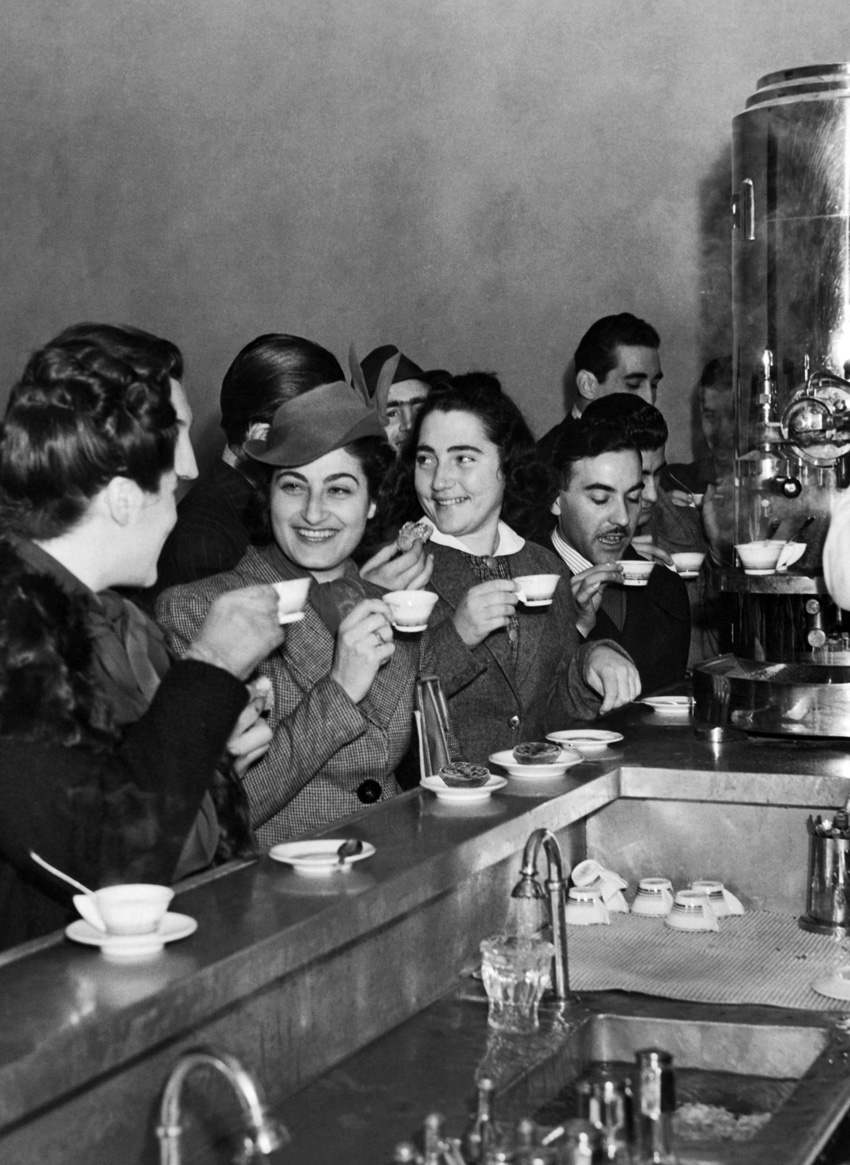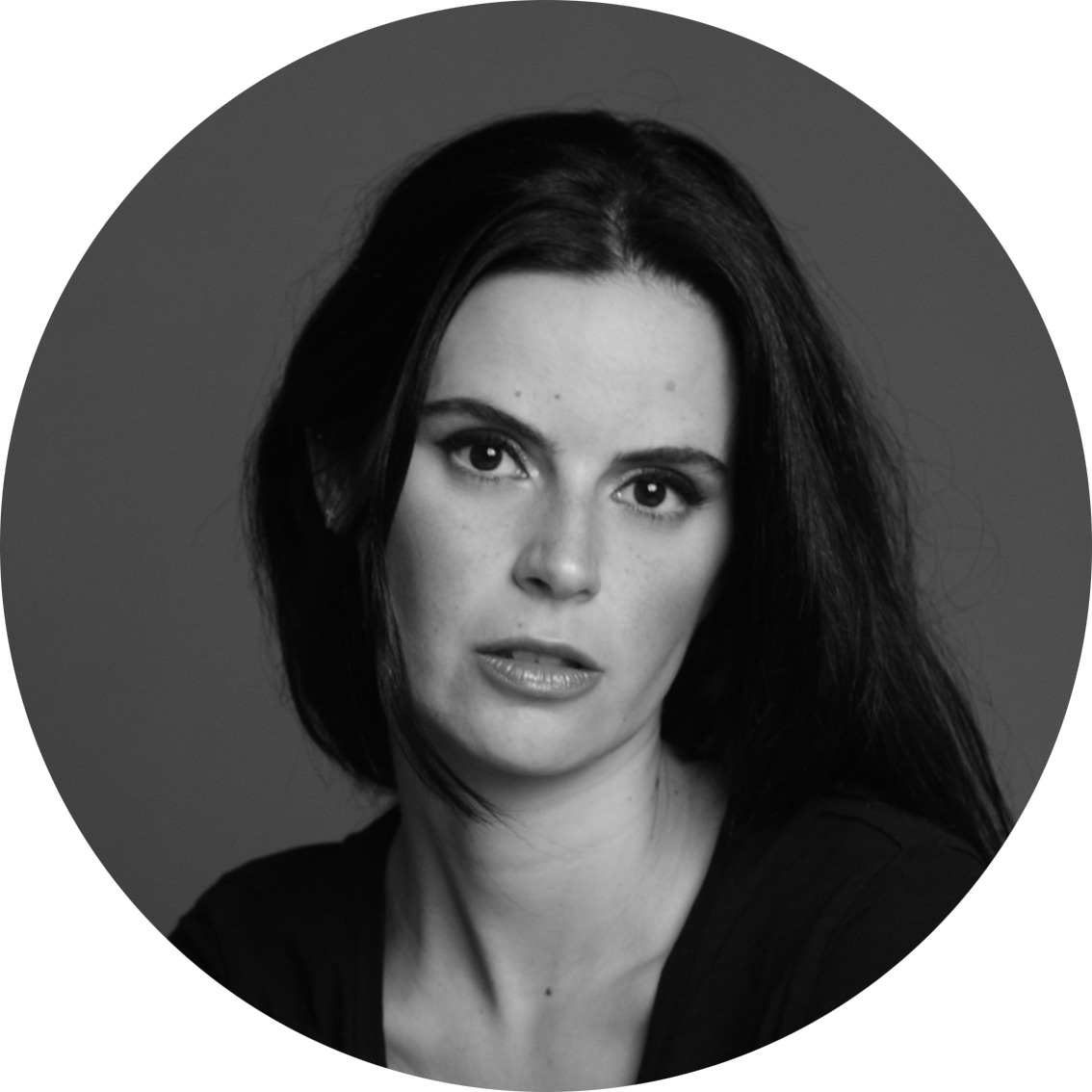From Portugal With Love
More than just a drink, it is an intrinsic part of our culture and, consequently, our daily lives. The Portuguese passion for coffee cannot be explained in words, but it is evident on every street corner, from small family-run pastry shops to the famous and elegant esplanades. Add to that a pastel de nata and you have the perfect combination for a chat.
“Life only begins after a cup of coffee.” It's not known exactly who coined this phrase, but it's so popular that even paintings are sold with it. It's a fact that, for many of us, the day only begins after a coffee - especially if it's taken after breakfast, since it's more than proven that drinking it on an empty stomach is bad for you. However, that's not what this is about. The world is divided into two types of people: those who drink coffee (even if they don't love the taste and get chills with every sip, a category in which I fall) and those who don't drink coffee. The Portuguese are part of the first group, because they were born with a mysterious gene that pushes them happily to the bakery around the corner since they were children, where they accompany their parents for hours on end after meals. By then, they still can't try “even a little spoonful”, as the effects could be harmful - instead, they go for the wonderful pastel de nata that adorns the small plate next to the cup, as if in a combination made by the gods of good things. I still remember, as a little girl, asking my mother if it would take too long to wash the dishes after lunch so we could go to the café. To speed up the process, I would fetch her shoes and put them by the door, just in case there was a change of plan - there rarely was. My role in those meetings at Bijou (the bakery where everything happened) was that of a mere spectator, but it cemented my own habit, years later, of “having coffee” - at those times there seemed to be no rush, no hurry, no stress - and of accepting an invitation to “have coffee” for anything and everything. In my family, and I believe in many others, any reason is a good reason to “have coffee”, including no reason at all. If that doesn't say a lot about us as a people, then I don't know what will. That's why I'm doing my own reading of the data from the Coffee Industrial and Commercial Association, shared in 2023, which indicates that around 80% of Portuguese people drink coffee. The other 20%, I might add, are lying.
The habit of drinking coffee dates back to the 18th century, when it was introduced to Portugal by the Dutch, but the opening of A Brasileira in Lisbon's Chiado district (1905) was decisive in boosting its consumption. “The place opened as a grocery store and it was there that coffee produced in Minas Gerais, Brazil, was sold,” historian Nuno Ludovice told TSF in 2015. To promote its sale, he added, “A Brasileira offered customers a cup of coffee. The business grew and the Portuguese never lost the habit of drinking coffee.” In fact, this may have been an important turning point in national habits and customs, as people slowly began to gain the habit of “hanging out” in cafés to chat, play cards, unwind after a day's work, in short, to socialize - cafés are like extensions of our home, places where we feel comfortable to relax, connect with friends, family and the rest of the community; in a neighbourhood café you rarely find strangers, only people we haven't met yet. This shows how coffee has become a central element of the country's social culture, an agglutinating (and almost sacred) ritual whose importance transcends social classes and strata. The website O Valor do Tempo recalls this: “A Brasileira was the scene of countless intellectual, artistic and literary gatherings, where writers and artists such as Fernando Pessoa or Almada Negreiros were a regular presence. [...] It was at A Brasileira in Chiado that the term 'bica' was born, which would be short for 'drink this with sugar', an incentive to make coffee - a novelty at the time - more pleasant for customers, while creating a habit and marking a ritual.” Served short and strong, relatively cheap, coffee became a crucial part of the country's cultural identity. And in this, there's no beating us: Portugal has the best coffee, and the best coffees, in the world. By the way, a coffee and a pastel de nata, please!
Most popular
.jpg)


Relacionados
.jpg)
Anna Wintour e o presidente da câmara de Milão, Giuseppe Sala, revelam a localização do Vogue World 2026
24 Feb 2026



O que lhe reservam os astros para a semana de 24 de fevereiro a 2 de março
24 Feb 2026



